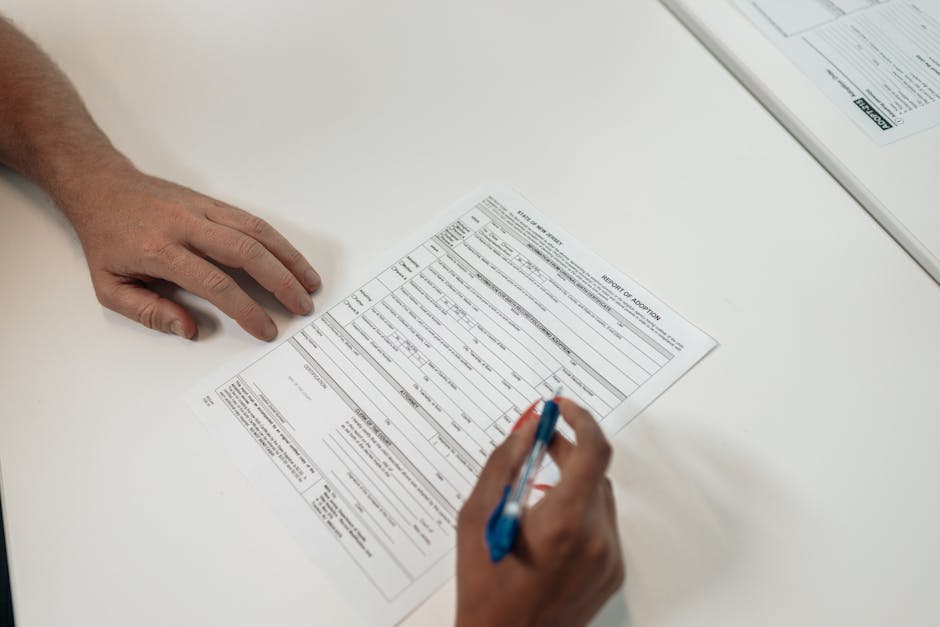Madras HC Upholds Mother’s Rights in Grandparent-Led Adoptions
In a significant ruling, the Madras High Court clarified that an adoption deed executed by grandparents is legally valid—only if the biological mother consents voluntarily. The judgment, delivered by Justice G. Jayachandran, resolves ambiguities in adoption laws, particularly in cases where extended family members seek custody.
Case Background: Disputed Adoption Deed
The court ruled on a petition challenging an adoption deed by the paternal grandparents of a minor child. The mother, who initially consented, later alleged coercion. However, the court upheld the adoption, stating:
“The natural mother’s consent is paramount. If proven voluntary, the adoption cannot be invalidated due to a later change of mind.”
Key Legal Implications
Under the Hindu Adoptions and Maintenance Act (HAMA), 1956, the ruling establishes:
- Mother’s Consent is Mandatory – Grandparents cannot adopt without the mother’s approval unless she forfeits rights legally.
- No Automatic Grandparent Rights – Adoption requires explicit consent; blood relation alone doesn’t grant custody.
- Anti-Coercion Safeguards – Authorities must ensure consent is free from pressure.
Why This Judgment Matters
- Protects Single Mothers: Prevents families from sidelining mothers in custody battles.
- Clarifies HAMA: Strengthens legal transparency in intra-family adoptions.
- Child Welfare Focus: Prioritizes the child’s best interests alongside parental rights.
Societal & Legal Impact
The verdict addresses pressures on single mothers in conservative households, promoting progressive adoption ethics. Legal experts like Senior Advocate R. Vaigai applauded the decision:
“This ensures adoptions are ethical and mother’s rights aren’t overridden.”
Next Steps & Reforms
While the judgment sets a precedent, activists demand:
– Stricter implementation of consent verification.
– Potential HAMA amendments for judicial oversight in grandparent adoptions.




